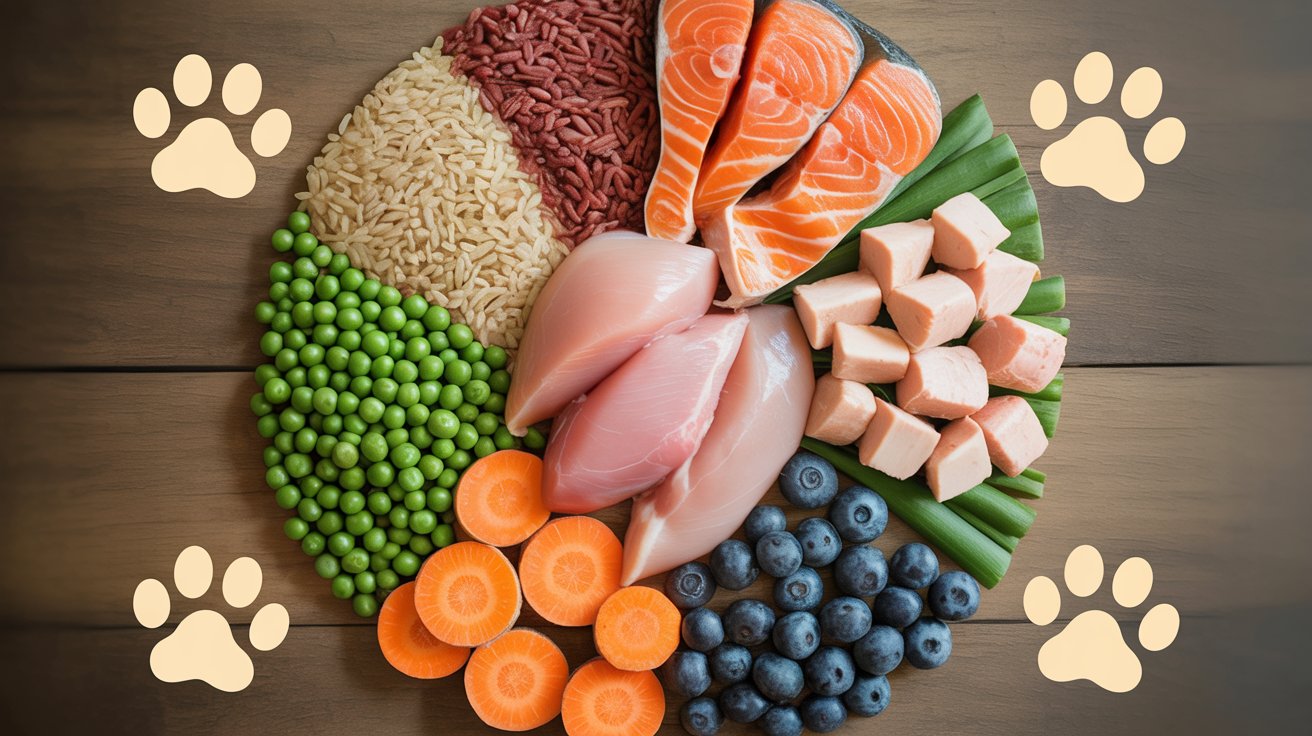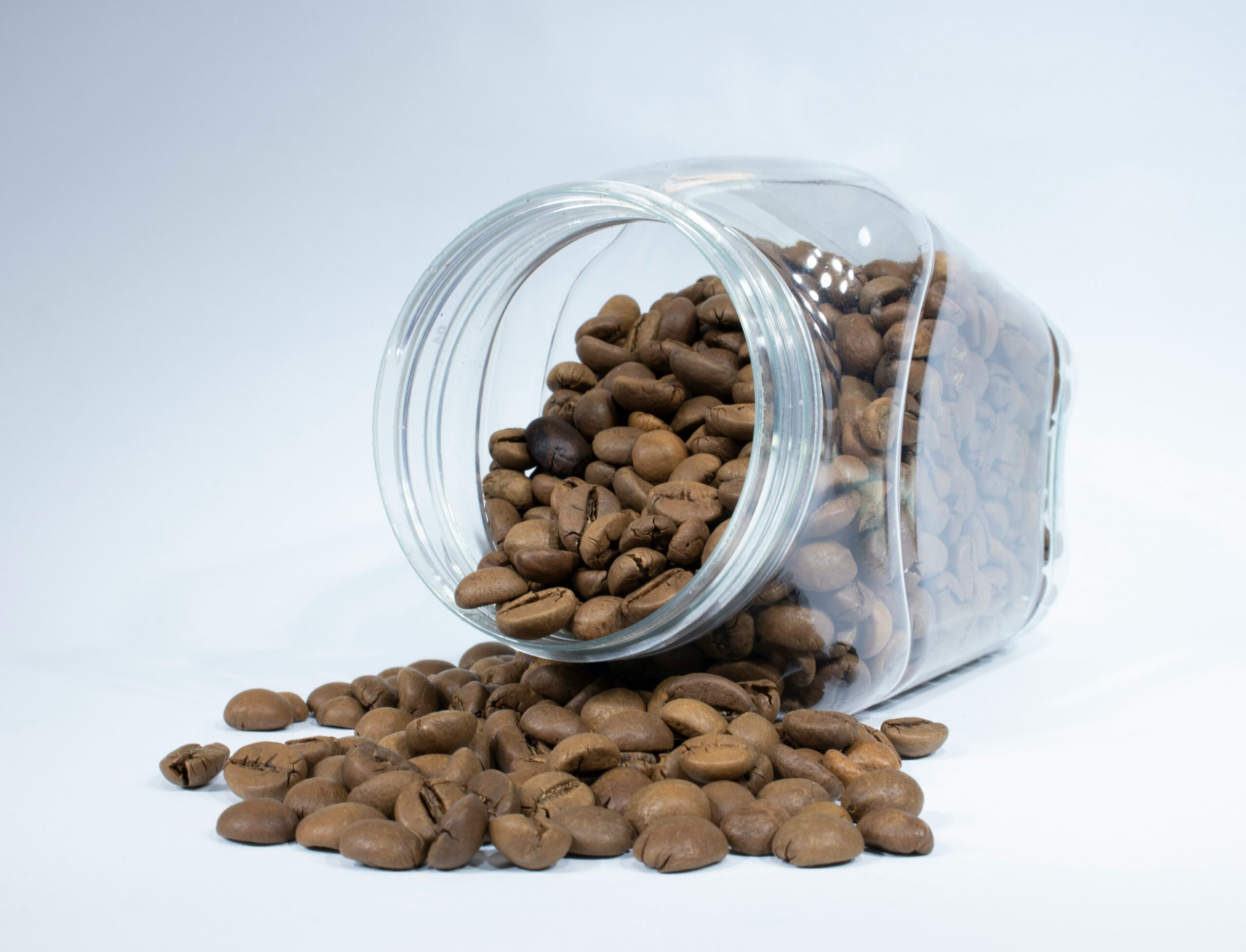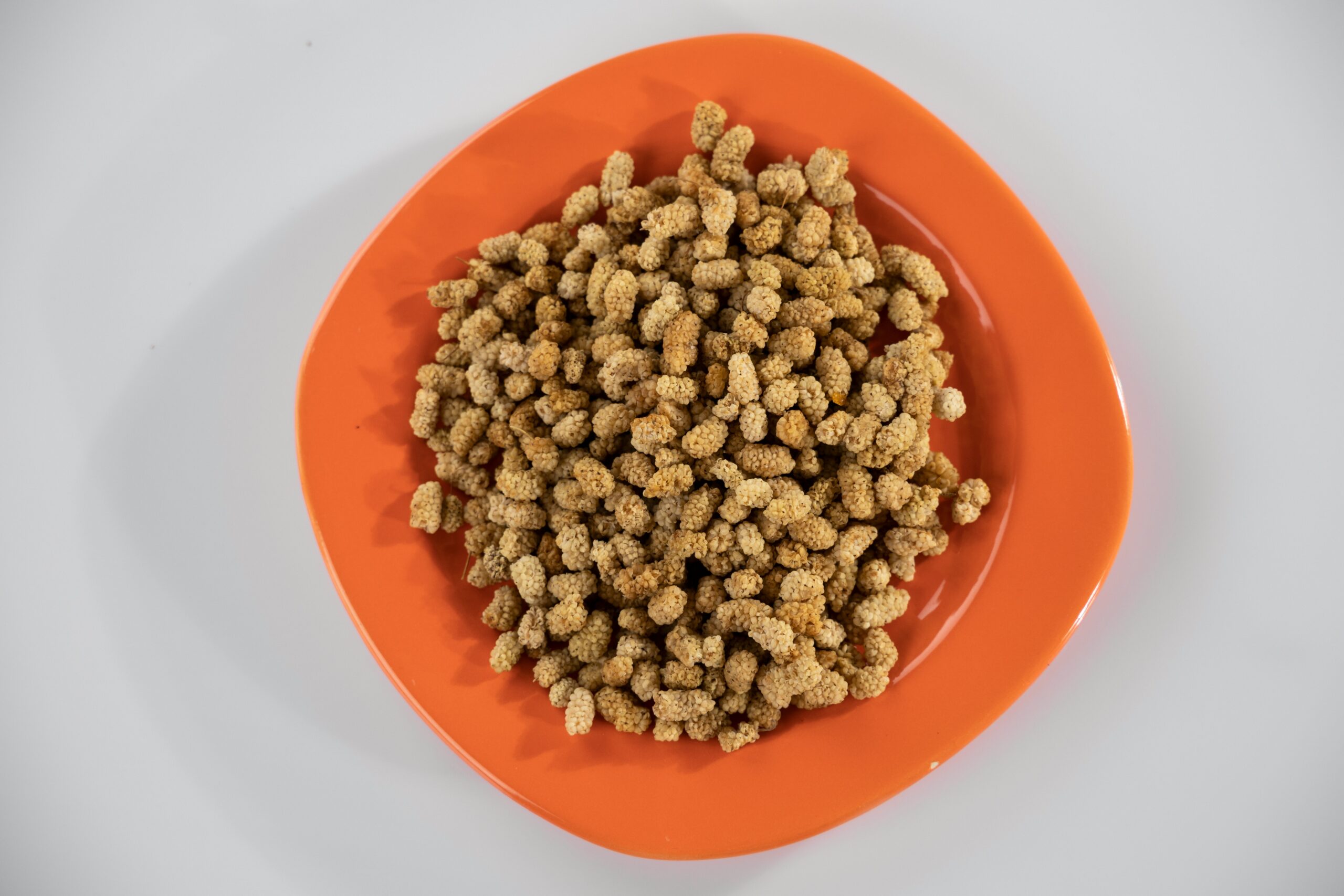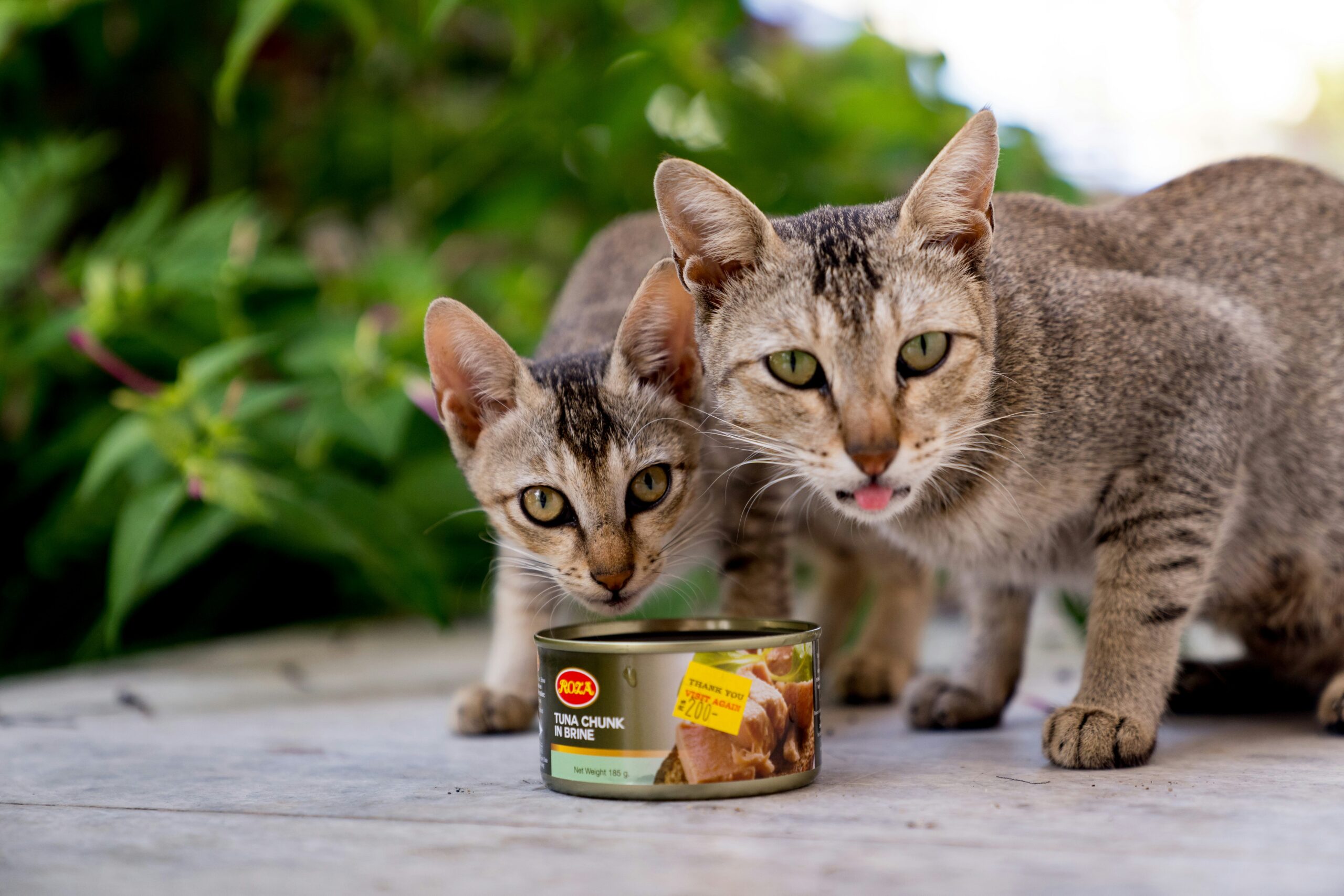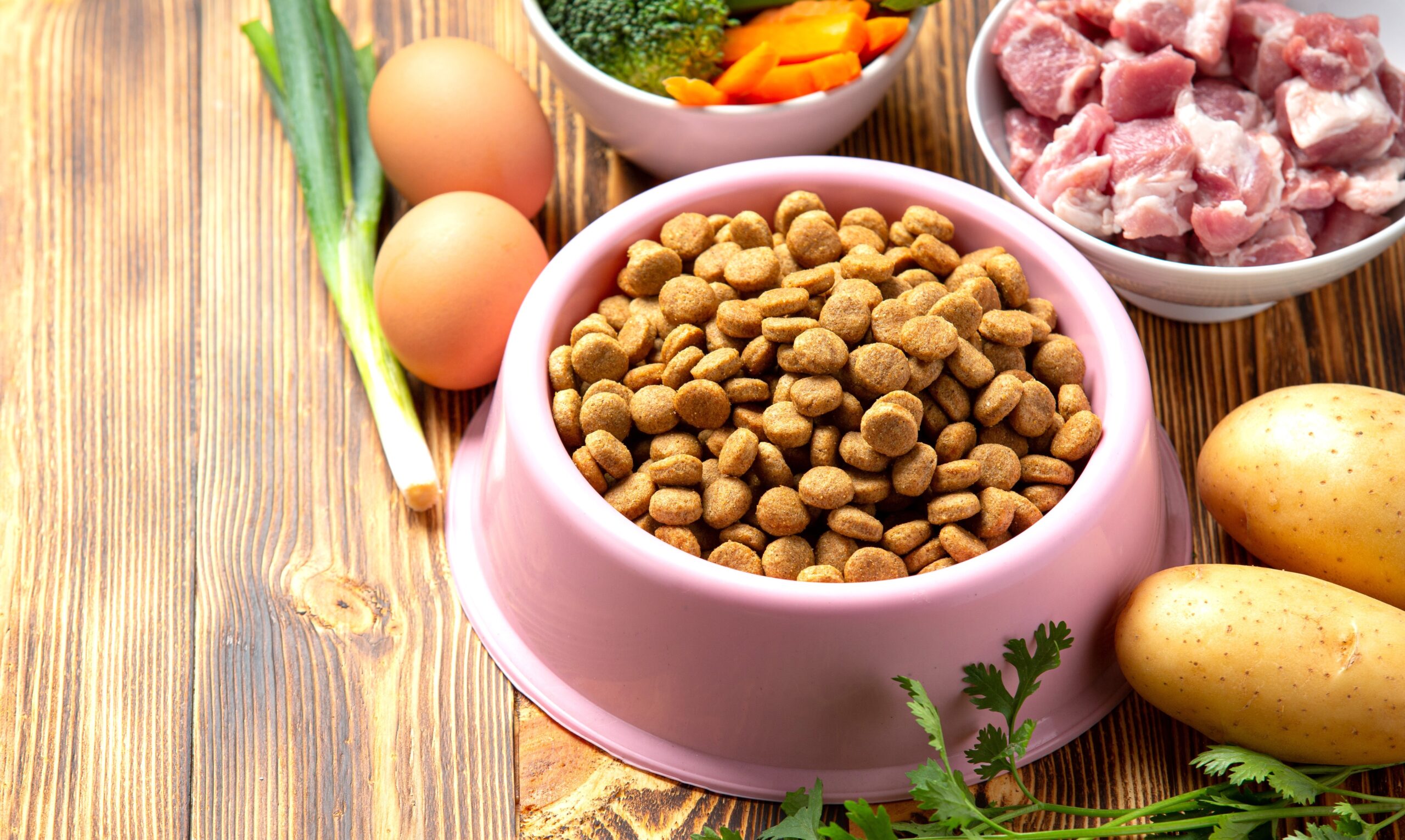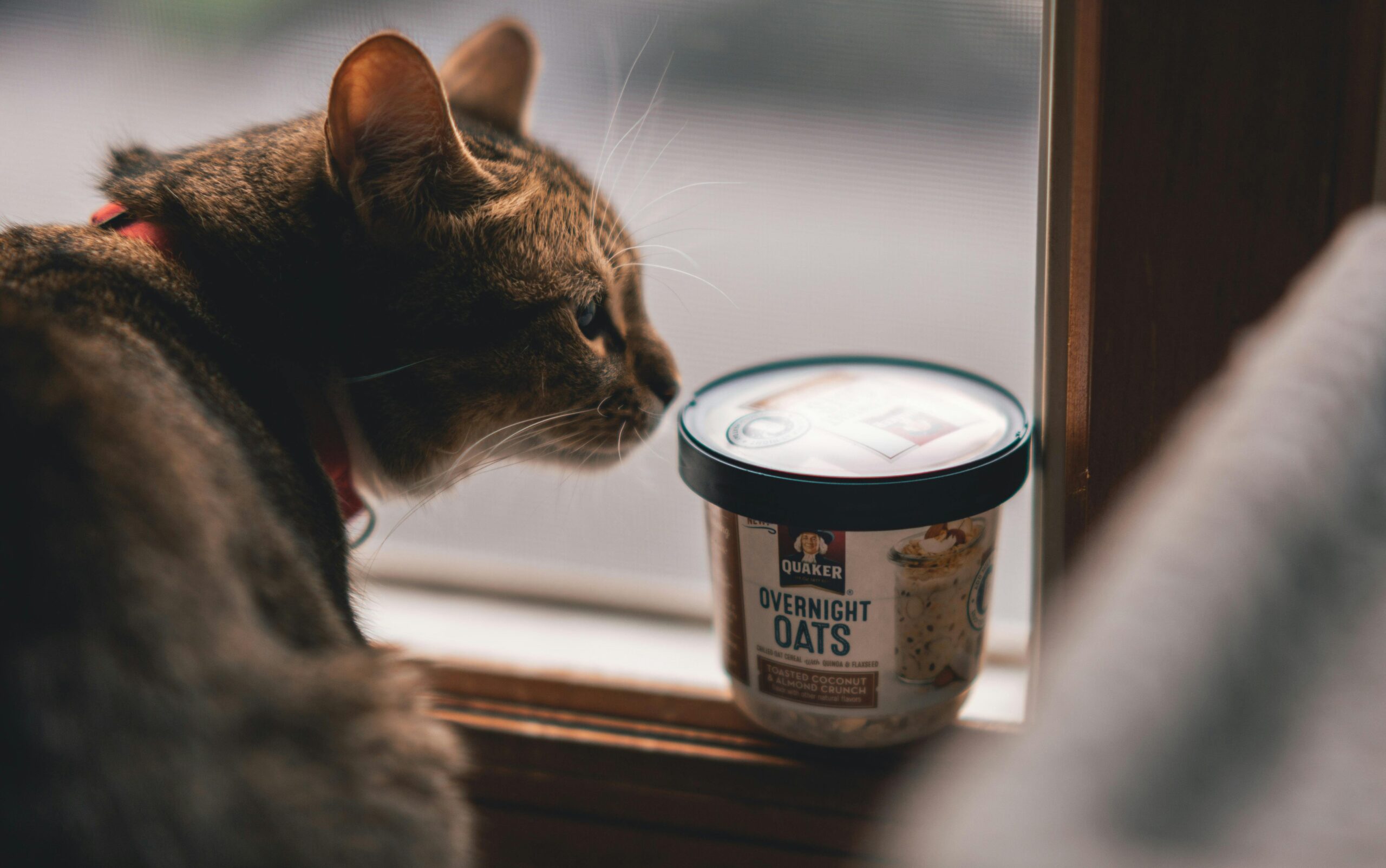What is the Healthiest Cat Food For Indoor Cats? Indoor cats have unique nutritional needs compared to outdoor ones. They don’t have to hunt for their food, though. They still need a balanced diet to maintain optimal health and well-being. This article will examine key factors to consider when selecting healthy cat food for indoor cats. Best Dry Cat Food for Indoor Cats: Top recommendations and homemade recipes.
Cat Strips 13gX8PCS Wet Food Pet Cat Snacks Cod Tuna Beef Pet Food Cats Supplement Protein DHA Cat Sauce Make Hair Beautiful
$4.23
$33.0187% off
By On AliEpress
Product Description
[Product Name] Full Price Pet Food Main Sauce (Beef Salmon)
[Net Weight]104g
[Ingredients]Salmon, Beef, Tuna, Flaxseed Oil, Starch, Animal Hydrolysate, Yeast Extract
[Product Name] Full Price Pet Food Main Sauce (Beef Tuna)
[Net Weight]104g
[Ingredients]Tuna, Beef, Salmon, Flaxseed Oil, Starch, Animal Hydrolysate, Yeast Extract
[Product Name] Full Price Pet Food Main Sauce (Beef Codfish)
[Net Weight]104g
[Ingredients]Codfish, Beef, Salmon, Flaxseed Oil, Starch, Animal Hydrolysate, Yeast Extract
[Nutrition Information]Guar Gum, Maltose Oligosaccharide, Sodium Glutamate, Taurine, Vitamin E, Tea Polyphenols
Per 100g:
Protein:25%
Fiber:9%
Fat: 9%
Moisture:84%
Ash:10%
[Suitable for animal species] Cats
[Feeding instructions] After opening, feed the treat directly to your dog. Feed 1-2 sticks per day, adjusting the amount according to the size and appetite of your dog.
[Manufacturing date and shelf life] Manufacturing date: See packaging spray code, Shelf life: 24 months
[Attention] This product is a pet snack; this product must not be fed to ruminants. Please eat even after opening. Please put it in a cool and dry place, clean storage, and avoid direct sunlight.
Understanding Indoor Cat Nutrition-
Indoor cats are more sedentary than outdoor cats. This can lead to weight management problems and other health concerns. Therefore, choosing a cat food specially formulated for indoor cats is essential to ensure this. So that they get the right balance of nutrients.
Things to Consider When Choosing Cat Food-
When choosing cat food for your indoor feline friend, several factors come into play. Choosing a cat food that meets your cat’s specific needs is crucial to promoting overall health and longevity.
Types of Cat Food-
A variety of cat foods are available, including dried cat food brands, wet cat food brands, and raw food. Each type has its advantages and disadvantages. It’s therefore essential to consider your cat’s preferences and dietary requirements when choosing.
To Find the Material-
When evaluating cat food ingredients, look for high-quality protein sources such as chicken, turkey, or fish. Avoid foods with fillers, artificial preservatives, and additives, as these can harm your cat’s health.
Cat Snacks Tuna Crab Meat Chicken High Protein Moisturizing Fattening Wet Food Pet Snacks for Adult Cats and Kittens
$14.46
By On AliExpress
Product Description
Highly concerned Chemical None
Origin
Mainland China
- High Protein: Tuna, crab meat, and chicken are all excellent sources of protein, which is essential for muscle growth and maintenance in cats.
- Moisturizing: The moisture content in our snacks helps to keep your cat hydrated, especially if they are not drinking enough water.
- Fattening: The fats in our snacks provide a rich source of energy for your cat, helping them to maintain a healthy weight.
Top Brand of Healthy Cat Hood-
Several reputable brands specialize in high-quality cat food tailored to the nutritional needs of indoor cats. Some of the best choices include Royal Canin Indoor, Hill’s Science Diet Indoor, Blue Buffalo Indoor Health, and Others.
Specific product reviews-
Among the recommended cat foods, veterinarians recommend kitten food and cat food for indoor cats. Royal Canin Indoor Adult Dry Cat Food stands out for its balanced nutrition and digestive support. Wellness Core Grain-Free Indoor Formula also provides protein-rich nutrition to support lean muscle mass.
Transitioning Your Cat to a New Diet-
When changing your cat to a new type of food. Do this slowly over a few days to avoid digestive upset. Mix small amounts of new food with old food. Gradually increase the proportion of the new food until your cat is completely converted.
Indoor Cats are Common Health Problems-
Indoor cats are prone to certain health problems, such as obesity, dental problems, and urinary tract problems. Selecting the right cat food can help mitigate these risks and keep your feline companion healthy and happy.
Homemade Cat Food Recipes-
For pet owners who prefer to make their cat food, this easy homemade recipe uses fresh ingredients. Healthy ingredients can provide a healthy alternative to commercial cat food. Consider recipes with vegetables and grains and protein sources like chicken, turkey, or fish.
Recipe 1: Chicken and Rice Delight
Ingredients:
• 1pound boneless, skinless chicken breasts , •1 cup cooked brown rice,• 1/2 cup boiled peas,• 1/4 cup chopped carrots, • 1 tablespoon olive oil
Instructions:
1. Cook the chicken breasts thoroughly, either by baking, grilling, or boiling. Let it cool, then cut it into small, bite-sized pieces.
2. Combine the cooked chicken, brown rice, peas, carrots, and olive oil in a large mixing bowl.
3. Mix everything until well combined.
4. Serve a portion of the mixture to your cat, and refrigerate the rest for future meals.
Recipe 2: Fish Feast
Materials:
• 1 can tuna in water (drained), • 1/2 cup cooked quinoa, • 1/4 cup cooked spinach, • 1/4 cup diced sweet potatoes, • 1 tablespoon coconut oil
Instructions:
1. In a mixing bowl, combine the drained tuna, cooked quinoa, spinach, sweet potato, and coconut oil.
2. Stir the ingredients together until evenly mixed.
3. Serve a portion to your cat, storing the remainder in the refrigerator for later use.
Consult with a veterinarian-
Veterinarians recommend senior cat food before significantly changing your cat’s diet. Consult a veterinarian to ensure you provide the best nutrition possible for your feline friend. Your veterinarian can make personalized recommendations based on your cat’s age, weight, and health status.
35g*9cans canned cat chicken and pumpkin adult and kitten cats snacks fertilization increase hairpin hydration pet wet food
$22.46 / lot
$89.8575% off
By On AliExpress
Product Description
- Best Cat Food For Cats That Vomit|Cat Food That Reduces Allergens|Nutritional Balance: Crafted with chicken and pumpkin, this cat food offers a balanced diet for adult and kitten cats.
- Allergen Reduction: Formulated to reduce allergens, this cat food is ideal for pets with sensitive stomachs.
- Hydration Support: Enriched with pumpkin, this food supports hydration and hairpin health for your feline friend.
- Kidney Disease Support: Specially designed for kidney disease, this cat food provides essential nutrients for pets at home.
- Convenient Packaging: Comes in 35g*9cans, this pet wet food is perfect for easy storage and serving.
Indoor cats are common health problems-
What is the healthiest cat food for indoor cats? Indoor cats, despite their comfortable lifestyle. One can suffer from various health problems due to the environment and diet.
Fatness
Indoor cats become overweight or obese due to their low activity levels. Obesity can lead to different health issues such as diabetes, arthritis, and heart disease. Monitoring your cat’s weight and providing regular exercise is crucial to help prevent obesity.
Dental issues
Without the abrasive action of chewing grass and other rough materials. Indoor cats are more susceptible to dental problems such as tartar build-up, gum disease, and tooth decay. Regular dental care, including brushing your cat’s teeth and providing dental treatments, can help maintain oral health.
Urinary tract problems
Indoor cats can be more prone to urinary tract infections and other urinary tract problems. Due to dehydration and a lack of exercise. Make sure your cat always has a chance to fresh water. Consider including wet foods in their diet to increase hydration.
Behavioral Problems
Due to boredom and lack of stimulation, indoor cats can exhibit behavioral problems such as aggression, anxiety, and destructive behavior. Providing environmental enrichment, such as interactive toys, scratching posts, and climbing structures, can help alleviate boredom and prevent behavioral problems.
Cat Strips 15g X 12 Pack Cat Snacks Chicken Anthocyanin Egg Yolk Krill Yam Duck Meat Supplement Nutrition Health Cat Wet Food
$19.40
By On AliExpress
Product Description
Highly concerned Chemical None
Origin
Mainland China
Conclusion-
What is the healthiest cat food for indoor cats? Determining is essential for promoting overall health and wellness. Consider factors such as ingredients, food type, and your cat’s individual needs. You can make an informed decision that supports your cat’s health for years to come.
1. How much should I feed my indoor cat?
The amount of food your indoor cat needs depends on several factors, including age, weight, and activity level. Consult your veterinarian for personalized feeding recommendations.
2. Is wet or dry cat food better for indoor cats?
Both wet and dry cat food can be suitable for indoor cats. Wet foods provide hydration, while dry foods can help maintain dental health. Consider offering a combination of both for optimal nutrition.
3. Are there any specific ingredients I should avoid in cat food?
Please cancel cat food with fillers, artificial preservatives, and additives. Look for products with high-quality protein sources and minimal fillers for healthier options.
4. Can I make my cat food at home?
Yes, you can make homemade cat food using fresh, healthy ingredients. Be sure to follow recipes designed to meet your cat’s nutritional needs. Consult your veterinarian for guidance.
5. How often should I change my cat’s food?
No, It is generally best to stick to a consistent diet to avoid digestive upset in your cat. If you are thinking of changing your cat’s food, do so gradually over several days.
6. Can I add supplements to homemade cat food?
Yes, you can add supplements to homemade cat food to make sure it meets your cat’s nutritional needs. However, it is essential to consult a veterinarian before adding any supplements to your cat’s diet to avoid overdosing.
7. Are there any foods that are toxic to cats?
Yes, some foods are toxic to cats and should be avoided, including chocolate, onions, garlic, grapes, and raisins. Always do your research before introducing new foods into your cat’s diet.
8. How can I tell if my cat is allergic to a certain ingredient?
If your cat experiences symptoms such as itching, vomiting, or diarrhea after eating a certain food. Then they may be allergic to an ingredient. Consult your veterinarian to determine the cause and make necessary dietary adjustments.
9. Is it okay to feed my cat a vegetarian or vegan diet?
Cats are obligate carnivores, meaning they need meat in their diet to thrive. Eating a vegetarian or vegan diet can lead to nutritional deficiencies and health problems. It is best to stick to a diet that includes animal protein sources.
10. What Should I Feed My Indoor Cat?
Free feeding, or leaving food out for your cat to graze throughout the day, can lead to overeating and weight gain. Instead, consider feeding your cat small, portion-controlled meals throughout the day to help maintain a healthy weight.
11. How can I help my indoor cat stay active?
Provide your cat with interactive toys. Encourage them to rotate their toys regularly and exercise by setting up indoor climbing structures or cat trees for them to explore.
12. What are some signs of stress in indoor cats?
Signs of stress in cats can include excessive grooming, hiding, loss of appetite, aggression, and urinating outside the litter box. If you notice any of these symptoms, try to identify and address the source of the stress.
13. Is it necessary to vaccinate indoor cats?
Yes, common diseases like rabies, feline leukemia, and respiratory infections. Indoor cats should still be vaccinated regularly to protect against this.
14. How often should I take my indoor cat to the vet?
You should take your indoor cat for a veterinary check-up at least once a year for routine exams and vaccinations. Older cats or those with health problems may need more frequent visits.
15. Can I use essential oils around my indoor cat?
Some essential oils can be toxic to cats if ingested or inhaled in large amounts. Always use caution when using essential oils around cats and consult a veterinarian before using them in your home. What is the healthiest cat food for indoor cats? This question has been resolved
